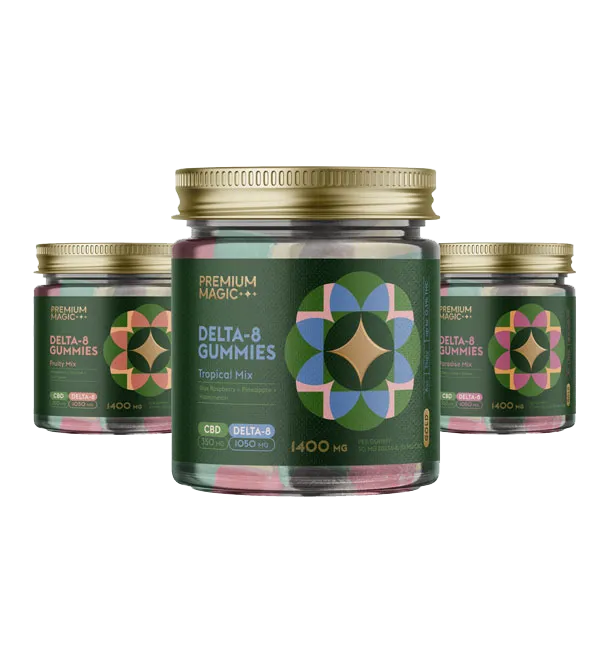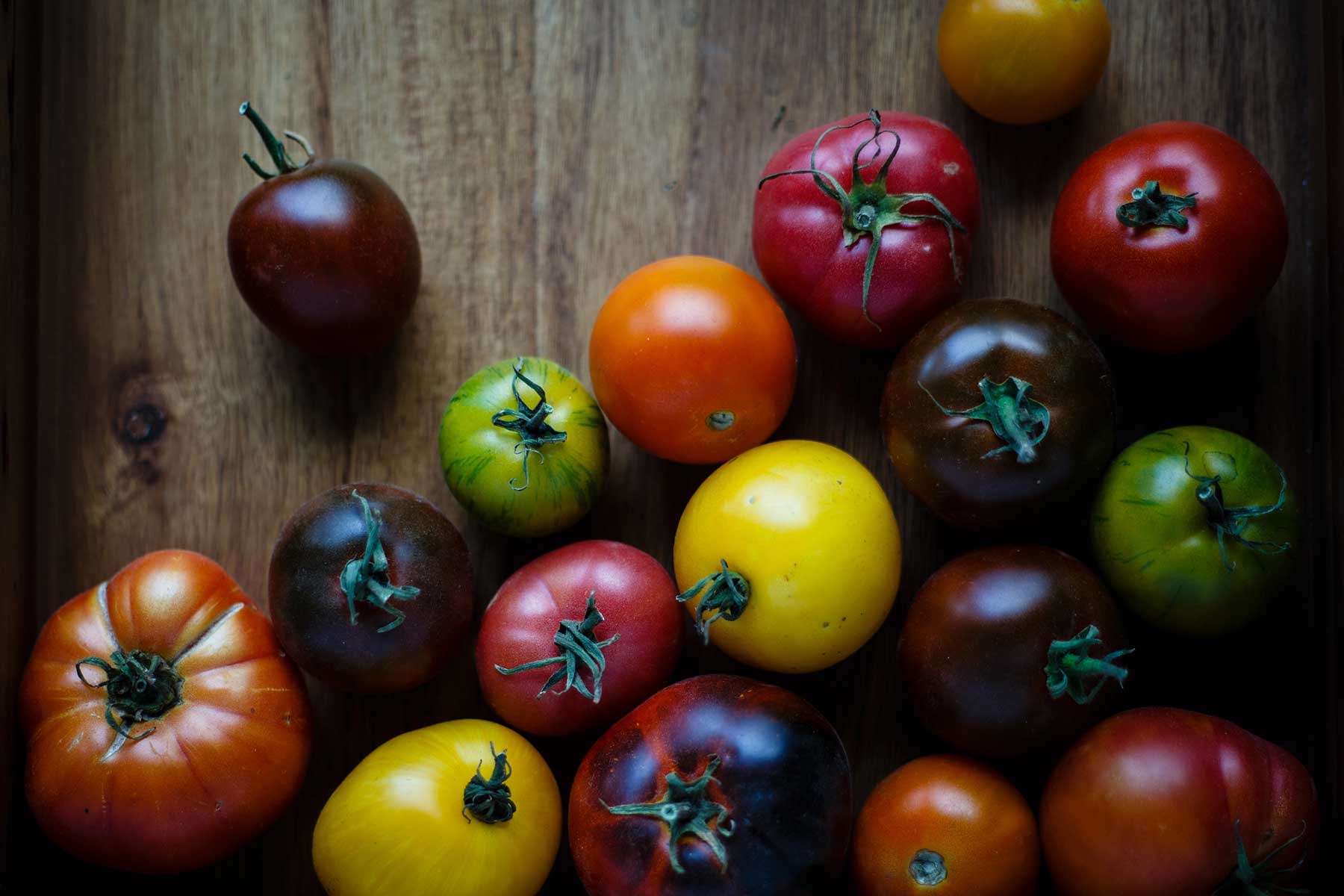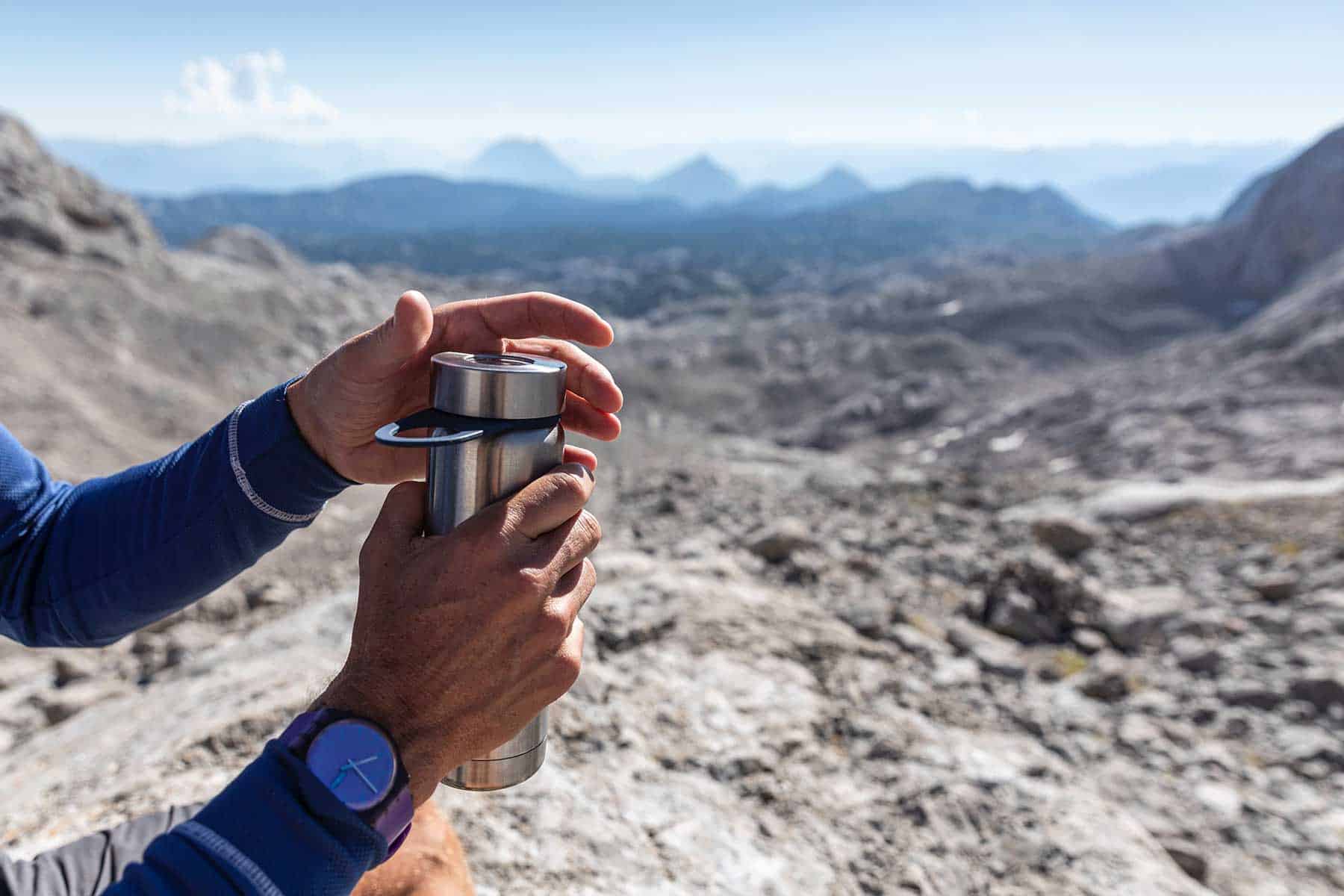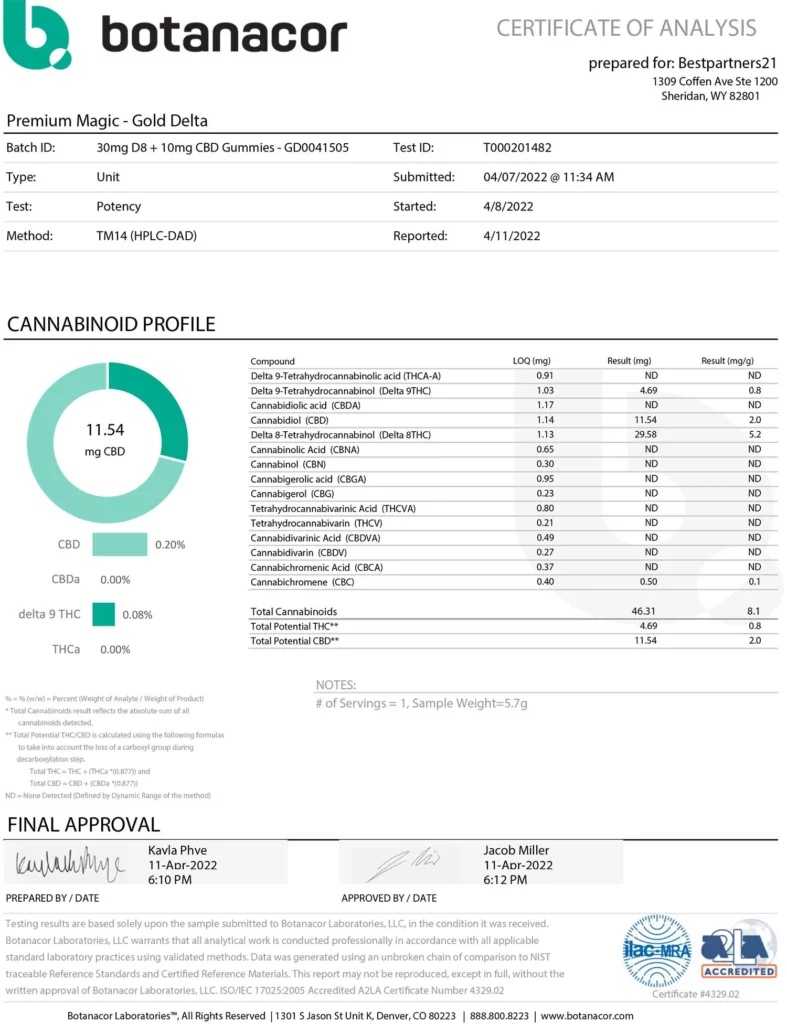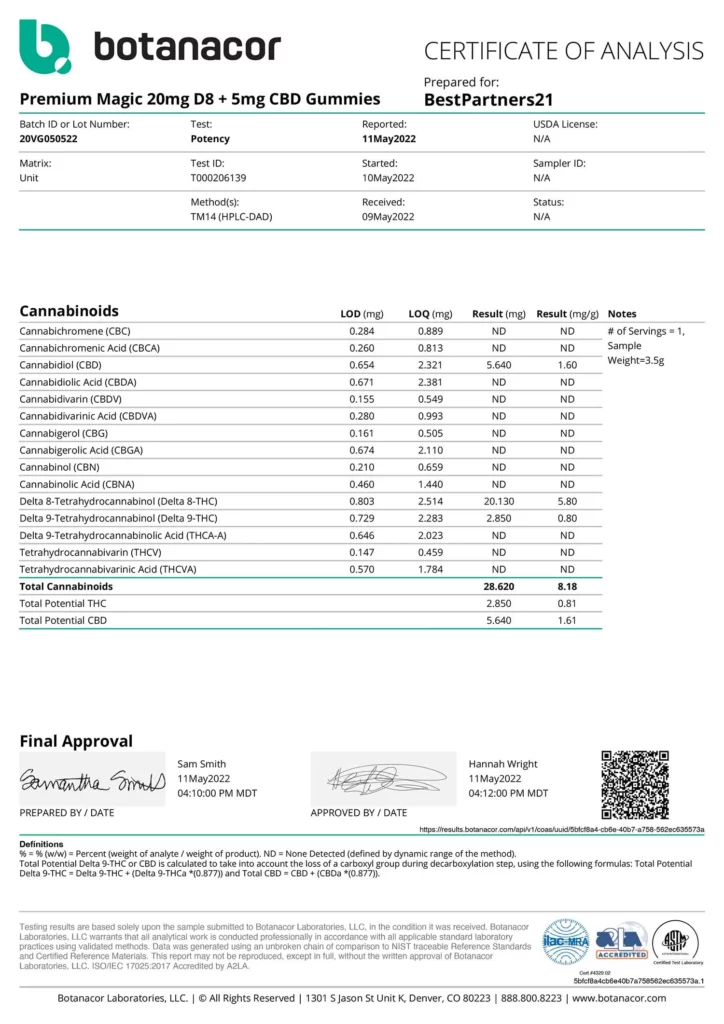
Can Weed Make You Paranoid? What is Weed Paranoia?

Sometimes, the unexpected happens. You’re with friends, enjoying a smoke, expecting to relax because that’s what weed paranoia is known for, right? But then, the calm doesn’t come. Instead, your heart races, and unsettling thoughts cloud your mind. That’s not what you signed up for, yet here you are, feeling paranoid.
This situation might sound familiar to you or someone you know. Weed paranoia, or cannabis, is often linked to good vibes and relaxation, but there’s another side to it. In some cases, it can cause paranoia, an overwhelming sense of worry and fear.
In this blog, we’ll uncover the reasons behind these unexpected reactions. We’re going on a journey to explore the not-so-talked-about effects of weed paranoia. So, let’s dive into this topic and explore why weed might make some people feel paranoid.
What is Weed Paranoia?
Weed paranoia is a feeling that you might be in some kind of danger, even if there’s no clear reason to think so. It’s like a voice in the back of your mind constantly whispering that something is off, even when everything seems fine on the surface. Everyone might feel a bit paranoid from time to time, especially in unfamiliar situations, but persistent feelings can be concerning.
Common Symptoms of Weed Paranoia
If you’re wondering whether what you’re feeling is weed paranoia or just regular worry, here are some common symptoms to look out for:
- Unfounded Mistrust: You may feel that people are out to get you, even if there’s no real evidence.
- Overthinking Situations: Regularly believing there are hidden meanings or threats in everyday situations can be a sign.
- Heightened Sensitivity: Feeling easily hurt or threatened by what others say or do, even if it wasn’t meant in a bad way.
- Reluctance to Confide: If you’re constantly wary of sharing your feelings or thoughts, fearing they’ll be used against you, that’s a tell-tale sign.
Overview of Cannabis
Cannabis has been around for a long time, and people have been using it for various reasons for thousands of years. Historical records suggest that ancient cultures grew the cannabis plant for its hemp fibers, which were used to make rope, fabric, and paper. Over time, its use expanded beyond just material purposes. In some cultures, it was consumed for its mind-altering effects or even for medicinal reasons.
Fast forward to today, and you’ll find that cannabis has become widely known, debated, and studied around the globe. Some countries have legalized it for medicinal or recreational use, while others still consider it illegal. The journey of cannabis, from ancient fields to modern dispensaries, is a testament to its lasting impact on human society.
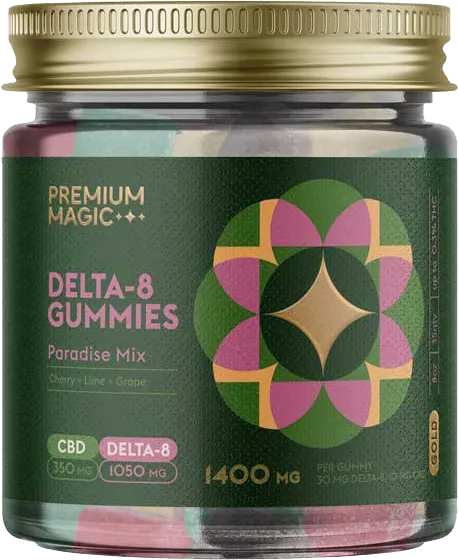
Delta-8 Gummies – Gold Paradise Mix
Original price was: $82.99.$38.99Current price is: $38.99.
Or Subscribe and Save 30%
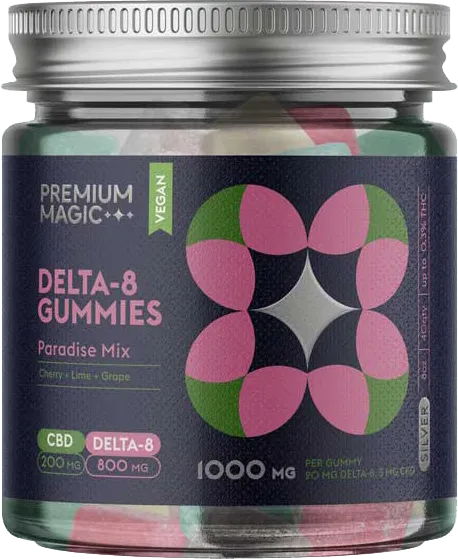
Silver Paradise Mix
Original price was: $68.99.$33.99Current price is: $33.99.
Or Subscribe and Save 30%
Unraveling the Components: THC, CBD, and Delta 8
When you hear about cannabis, you’re often hearing about its various components that affect the mind and body. Let’s break these down:
- THC (Tetrahydrocannabinol):
- This is the most well-known component of cannabis. When people talk about getting “high” from weed paranoia, they’re usually referring to the effects of THC. It’s responsible for the mind-altering effects you might associate with cannabis. It can bring feelings of euphoria, but for some, it might also cause weed paranoia or anxiety.
- CBD (Cannabidiol):
- Unlike THC, CBD doesn’t get you “high.” Instead, it’s often praised for its potential therapeutic effects. Some people use CBD to manage pain, anxiety, or even seizures. It’s become quite popular in recent years, with many products, from oils to edibles, available in the market.
- Delta 8:
- Delta 8 is a bit like THC’s less famous cousin. It can produce some mind-altering effects, but they’re typically milder than those of THC. Some users describe the experience as more clear-headed and less anxious than what they might feel with THC.
THC and Its Effects on the Brain
When you consume cannabis, one of the primary compounds that gets to work in your brain is THC. But how exactly does this compound function? Let’s break it down for you.
Every brain has what’s known as the endocannabinoid system (ECS). This system plays a role in regulating various functions, including mood, appetite, and pain. Within this system, there are specific receptors, CB1 and CB2. THC mainly interacts with the CB1 receptors, which are plentiful in the brain.
When you introduce cannabis to your system, THC latches onto these receptors. This affects the release of certain neurotransmitters, which are chemicals that your neurons use to communicate with each other. In particular, THC impacts the neurotransmitter dopamine, often linked to pleasure and reward.
By altering the usual patterns of these neurotransmitters, THC can influence your mood, perceptions, and thoughts. This is why after consuming cannabis, you might see things in a different light, or find things more amusing than usual.
The Psychological Landscape: Potential Effects of THC
With THC’s action in the brain, a spectrum of psychological effects can emerge. It’s a bit like setting off a domino chain — the interaction at the receptor level can lead to a cascade of changes in how you feel and perceive the world. Here are some effects you might experience:
- Euphoria and Relaxation: Many people turn to cannabis because THC can induce feelings of happiness or relaxation. The world might seem brighter, funnier, or just more interesting.
- Altered Perception of Time: You might feel that time is moving more slowly. Minutes can seem like hours, and you could lose track of time entirely.
- Increased Appetite: Often referred to as “the munchies,” you might find everything tastes better and you feel hungrier than usual.
- Memory and Learning Issues: While under the influence, you might find it hard to remember things or learn new information.
- Paranoia and Anxiety: And here lies the crux of our topic. For some people, THC can induce feelings of weed paranoia or heightened anxiety. You might feel that others are judging or watching you, or you could become overly concerned about things you’d usually shrug off.
CBD and Delta 8: A Contrast to THC?
While THC often grabs the spotlight when discussing cannabis, two other components, CBD (Cannabidiol) and Delta 8, also play significant roles. Let’s dive into understanding them.
CBD (Cannabidiol):
- What is it? CBD is one of the primary cannabinoids found in cannabis plants. Unlike THC, it doesn’t produce the “high” that many associate with marijuana.
- How is it different from THC? The primary distinction lies in how it interacts with your brain. While both THC and CBD interact with the endocannabinoid system, CBD doesn’t bond directly with the CB1 receptors as THC does. This means it doesn’t produce the psychoactive effects – the feelings of being “high” – that THC does.
Delta 8:
- What is it? Delta 8, or Delta-8-tetrahydrocannabinol, is a variant of THC. It’s similar in structure but has some key differences.
- How is it different from THC? Delta 8 connects with the same CB1 receptors as THC but with a slightly weaker bond. This means the effects are often milder. Users frequently report feeling more clear-headed and less anxious with Delta 8 compared to traditional THC.
Why Some People Might Experience Weed Paranoia and Others Don’t
Navigating the world of cannabis can be a curious journey. Ever wondered why your friend can enjoy weed paranoia without a worry while you might sometimes feel a tad paranoid? Let’s explore some reasons behind these varied experiences.
Genetic Factors: Born This Way?
It’s fascinating to think that our DNA might play a part in how we react to cannabis. Just as genetics can influence how tall you are or the color of your eyes, they can also influence how your brain responds to substances like THC.
- Some studies suggest that certain genes might make individuals more susceptible to cannabis-induced weed paranoia.
- If family members have had similar reactions, there might be a genetic predisposition at play.
Past Traumatic Experiences: Shadows from the Past
Your past can sometimes dictate how you feel in the present, especially when under the influence.
- If you’ve experienced traumatic events, consuming cannabis might trigger memories or feelings associated with those events.
- The heightened sensitivity and altered perceptions caused by THC can make past traumas feel more immediate and intense.
Current Mental Health Status: Where Your Mind’s At
Your current state of mind can greatly influence your experience with cannabis.
- If you’re already feeling anxious or stressed, THC might amplify those feelings, leading to weed paranoia.
- On the flip side, if you’re relaxed and in a good headspace, your experience might be more positive.
Dosage and Frequency of Consumption: How Much and How Often?
Just as drinking one cup of coffee can have a different effect than chugging three espressos, the amount of cannabis you consume and how often can influence your experience.
- Dosage: Higher doses of THC are more likely to result in feelings of weed paranoia. If you’re new to cannabis or sensitive to its effects, a little can go a long way.
- Frequency: If you’re not used to consuming cannabis and suddenly indulge, you might be more likely to experience intense effects, including weed paranoia. Regular users might build a tolerance over time, changing their experience.
Safety Measures and Recommendations
Navigating the world of cannabis with comfort and confidence is key. Let’s look at some steps you can take to ensure a pleasant experience and reduce the chances of feeling paranoid.
Tips to Keep Weed Paranoia at Bay
- Know Your Limits: Start slow, especially if you’re new to cannabis. Your body can give you signals when it’s had enough, so pay attention.
- Stay in a Familiar Setting: Being in a comfortable and known environment can reduce anxiety and feelings of weed paranoia.
- Have a Trusted Companion: Sharing your experience with a close friend can be reassuring. They can also help ground you if things feel a bit overwhelming.
- Stay Hydrated: Drink plenty of water to help your body process the THC and reduce any adverse effects.
Dosages and Strains for a Smooth Experience
- Less is More: Especially for beginners, a smaller dose can provide a milder and more controlled experience.
- Choose Low-THC Strains: Opt for strains that have a higher CBD to THC ratio. CBD can counteract some of THC’s intense effects. Strains like “Harlequin” or “ACDC” are known for their higher CBD levels.
Final Thoughts:
Ever wondered how a plant can affect people so differently? In our exploration, we’ve seen that various factors can influence how one reacts to cannabis, including genetics, mental health, and even the type of strain consumed.
The world of cannabis is vast and ever evolving. Before diving in, it’s crucial for you to be informed and make choices that best suit your individual needs. Always remember, knowledge is power. The more you know, the better your experiences can be. Stay curious and consider further research to find what’s best for you. Safe journeys!
